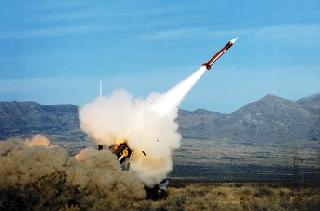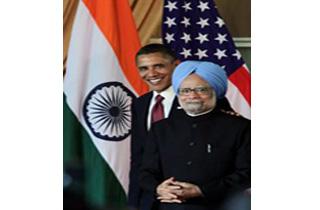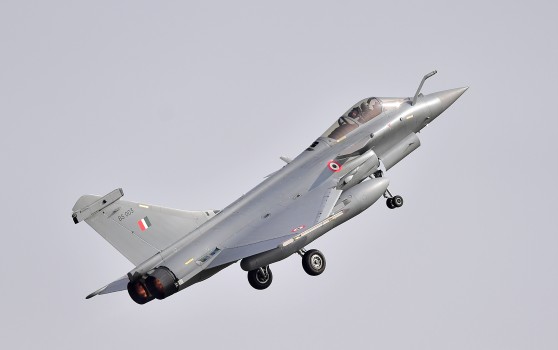
ANKARA (AFP): A NATO missile shield project that singles out Iran as a threat will be unacceptable to Turkey, its President Abdullah Gul has said.
“NATO is a defence organisation. A defence system is being developed against anyone in the world who has ballistic missiles and does not belong to NATO,” Gul said in an interview on Monday.
“Mentioning one country, Iran... is wrong and will not happen. A particular country will not be targeted.... We will definitely not accept that,” he said in an interview with the BBC’s Turkish service, aired on Turkish television.
NATO and the United States want to set up a missile shield to protect Europe against what they perceive is a growing threat of short- and medium-range missiles possibly launched from the Middle East, especially from Iran.
The issue will be high on the agenda of a NATO summit in Lisbon next week, which will also be attended by Russian President Dmitry Medvedev whose country is suspicious of the project despite assurances that it is not aimed at Russia.
Turkey, NATO’s sole Muslim-majority member, is worried that the project may deal a blow to ties with its eastern neighbour Iran and Russia, which have notably improved in recent years.
According to diplomats, Turkey also wants the missile shield to protect all of its territory, and not just areas near the Iranian border.
The Islamist-rooted government in Ankara has taken a softer line on Tehran's nuclear programme than Western powers, insisting on a diplomatic solution under a nuclear fuel swap deal that it hammered out with the Islamic republic in May, together with Brazil.
In a move that irked the United States, Turkey voted “no” to fresh sanctions against Iran, adopted by the UN Security Council in June, arguing that the swap deal should be given a chance.
The country's close ties with Iran, coupled by a deep crisis in relations with one-time ally Israel, have sparked concern that Prime Minister Recep Tayyip Erdogan's government is taking Turkey away from the West.
 Previous Article
Previous Article Next Article
Next Article













The Indian Air Force, in its flight trials evaluation report submitted before the Defence Ministry l..
view articleAn insight into the Medium Multi-Role Combat Aircraft competition...
view articleSky enthusiasts can now spot the International Space Station (ISS) commanded by Indian-American astr..
view article